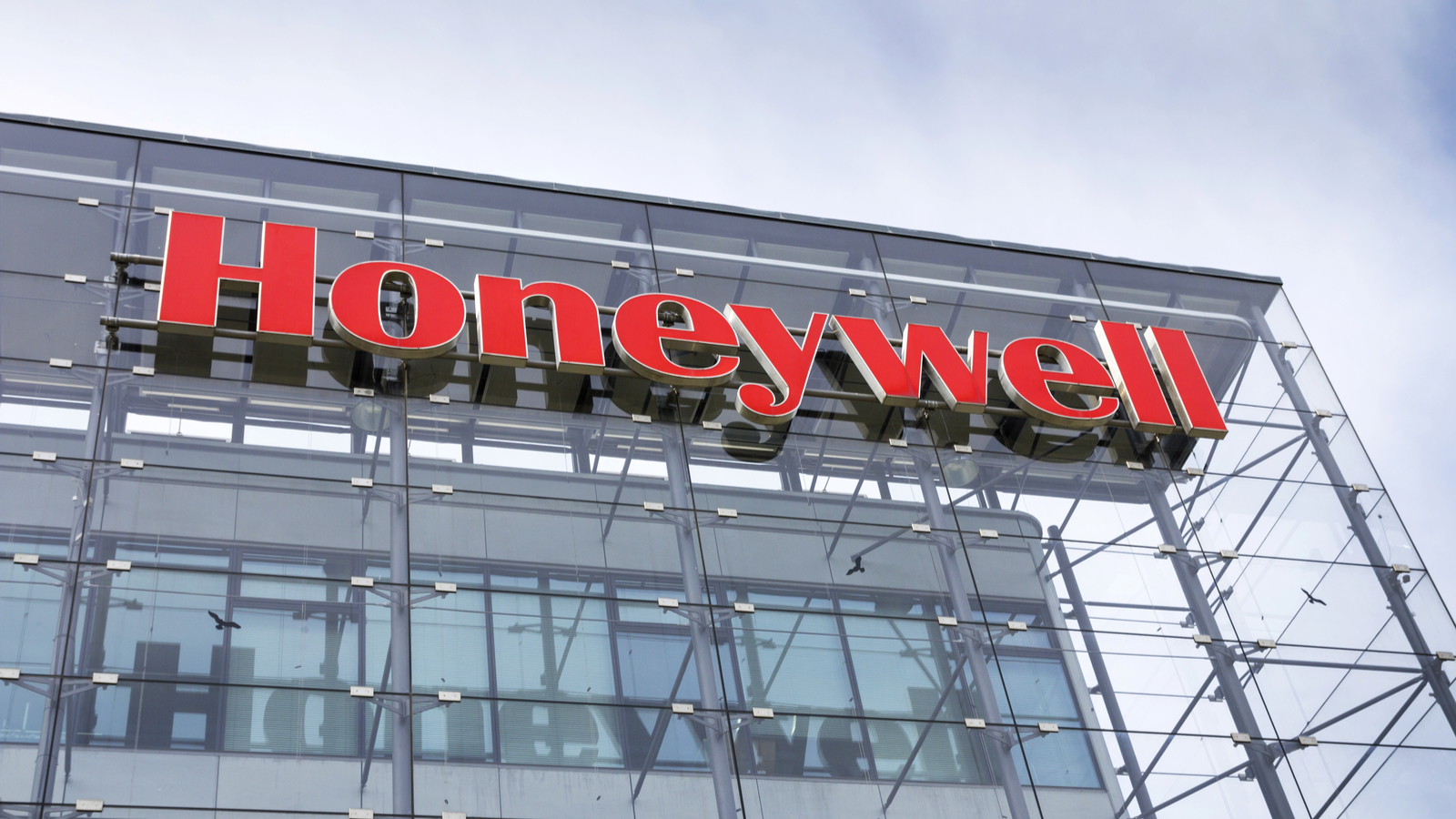Honeywell is teaming up with Alphabet’s Google to leverage its Gemini generative AI to revolutionize the industrial sector. This partnership aims to enhance operational efficiency, cut maintenance costs, and empower workers by analyzing Honeywell’s extensive data. The collaboration marks a step towards autonomy in industrial processes, with the generative AI platform scheduled to be available for industrial clients by 2025.
Honeywell CEO Vimal Kapur highlighted the pressing issue of a generational labor shortage in the industrial sector, caused by declining birth rates and fewer available workers. He noted that AI will play a pivotal role in helping less experienced employees achieve productivity levels comparable to those with decades of experience. At a CNBC event, Kapur explained that generative AI will equip workers with AI-powered co-pilots to manage tasks more efficiently, alleviating the strain of workforce shortages.
Google’s AI tools will automate routine tasks for engineers and technicians, allowing them to address maintenance and operational challenges with enhanced precision. Honeywell also plans to use predictive maintenance for jet engines, a key area where AI could drive substantial savings and improvements. “We’re moving from automation to autonomy,” said Honeywell’s Chief Technology Officer, Suresh Venkatarayalu, emphasizing the goal of deploying real-time AI agents on factory floors and in other industrial settings.
Honeywell’s existing platform, Honeywell Forge, will integrate with Google Cloud’s Vertex AI and Gemini models, allowing workers to ask the AI practical questions about system performance, equipment diagnostics, and more. This AI-driven tool will go beyond simple predictions, providing images, videos, text, and sensor readings to offer actionable insights.
In addition to the large-scale deployment of Google Gemini, Honeywell is also exploring the use of Gemini Nano, a compact version of the AI, for use in data centers, hospitals, and refineries. This version of AI can function directly on-site, operating through scanners, sensors, and controllers to further optimize industrial processes.
For Google, this partnership with Honeywell represents a crucial move to bring generative AI into mainstream industrial applications. As generative AI adoption remains relatively low across industries, Honeywell’s data indicates that only 17% of industrial companies that consider themselves AI leaders have fully implemented their AI strategies.
The growing importance of data in AI development was underscored by Clément Delangue, CEO of Hugging Face, who spoke at the same CNBC event. Delangue emphasized that data sets are becoming a critical frontier for AI evolution, with thousands of public datasets being shared globally to advance AI capabilities.
Kapur is optimistic about the AI adoption trajectory in the industrial sector, predicting that 2025 and 2026 will be critical years for growth in AI-driven industrial solutions. He believes that AI, particularly through this partnership with Google, will create new revenue opportunities and transform the way industrial operations are managed.











